Table of Contents[Hide][Show]
We’ve been told for decades to eat our fruits and vegetables. Government guidelines recommend five to nine servings a day because these foods are full of nutrients, fiber, and phytochemicals critical for optimal health.
But lately, some of that advice has been questioned—particularly the advice on fruit.
A lot of our favorites, including grapes and bananas, are high in sugar. It’s natural sugar, and it’s combined with fiber and other nutrients, but still, it’s sugar. And we’re eating more sugar today than ever before.
While we’re cutting back on sugary treats and snacks, should we be limiting our intake of certain fruits, too?
The Rise of Sugar in America
According to a report by the USDA, consumption of sweeteners in America—including table sugar, corn sweeteners, honey, maple syrup, and molasses—increased by 39 percent between 1950-59 and 2000. In the year 2000, each American consumed an average of 32 teaspoonfuls of added sugar a day.
The USDA recommends only 10 teaspoons a day for the average person on a 2,000-calorie daily diet.
a sugar wave
In a 2013 study by the Centers for Disease Control and Prevention (CDC), researchers reported increased consumption of sugar had been linked to a decrease in intake of essential nutrients, as well as to weight gain.
The results of an analysis of sugar intakes between 2005 and 2010 showed that Americans were getting about 13 percent of their total calories from added sugars. The Dietary Guidelines recommended no more than 5–15 percent of calories from both added sugars and solid fats.
recommended doses
The American Heart Association recommends even less. Whereas data show Americans getting about 240–335 calories a day from added sugars, the AHA suggests a limit of 150 calories (9 teaspoons) for men, and no more than 100 calories (6 teaspoons) a day for women.
Why such low amounts? Studies have linked excess sugar intake to heart disease, as well as to type 2 diabetes.
The Dangers of Too Much Sugar
We didn’t used to think about sugar so much. I remember a scene from the 1990s movie “Michael,” in which John Travolta plays an angel sent to Earth to mend some wounded hearts. During a breakfast scene he pours half the sugar bottle on his cereal and says, “And you just gotta remember, Sparky.” (Sparky is the dog in the household.) “No matter what they tell you, you can never have too much sugar.”
Angel or not, Michael may have gotten that one wrong.
sugar and cardiovascular disease
A recent 2014 study, for example, found a significant relationship between added sugar consumption and increased risk of death from cardiovascular disease. More specifically, those who got between 17 and 21 percent of calories from added sugars had a 38 percent higher risk of dying from cardiovascular disease compared to those who consumed 8 percent of their calories from added sugar.
Sugar and diabetes
In 2013, researchers from the University of California, San Francisco reported that increased sugar in a population’s food supply was linked to higher type 2 diabetes rates—independent of obesity rates. For every additional 150 calories of sugar available per person per day (about as much as is in one soda), the prevalence of diabetes rose one percent.
Another 2013 study found that consuming excess sugar or high-fructose corn syrup increased risk of metabolic syndrome, cardiovascular disease, and type 2 diabetes.
Additional studies have linked dietary fructose (but not glucose, the other main type of sugar) to weight gain, increased triglycerides in the blood, and decreased insulin sensitivity. (Both table sugar and high fructose corn syrup are about half or more of fructose, and about half glucose.)
What about natural sugars?
But all these studies linking excess sugar with health problems are focused on added sugars—those sweeteners added to foods after the fact. Are natural sugars—those present in foods to begin with—similarly risky?
The Health Benefits of Fruit
Eat whole fruit, and you get a lot of healthy things:
- Fiber that fills you up, keeps you satisfied, and eases digestion.
- Vitamins like vitamin A, B, C, E, and K—all critical for good health
- Minerals like potassium, calcium, magnesium, copper, zinc, phosphorus, and more—often 10 or more minerals in one piece of fruit!
- Antioxidants like vitamins A, C, and E, plus flavonoids like quercetin, catechin, epicatechin, and anthocyanidin—all nutrients known to fight disease and keep you healthy.
- Healthy fats: Some fruits, like avocados, have healthy monounsaturated fats that can help lower cholesterol levels and even support healthy skin.
- Disease-fighting factors: All fruits have been linked with reducing risk of disease. Blackberries, for example, because of their powerful antioxidants, have been linked to a reduced risk of stroke and cancer. Apples may help reduce risk of diabetes, and blueberries may help you retain your memory as you age. Cantaloupe, because of its high levels of beta-carotene, may help reduce the risk of developing cataracts. And the list goes on and on.
Still, all these fruits have natural sugars, too. Could they cancel out the health benefits?
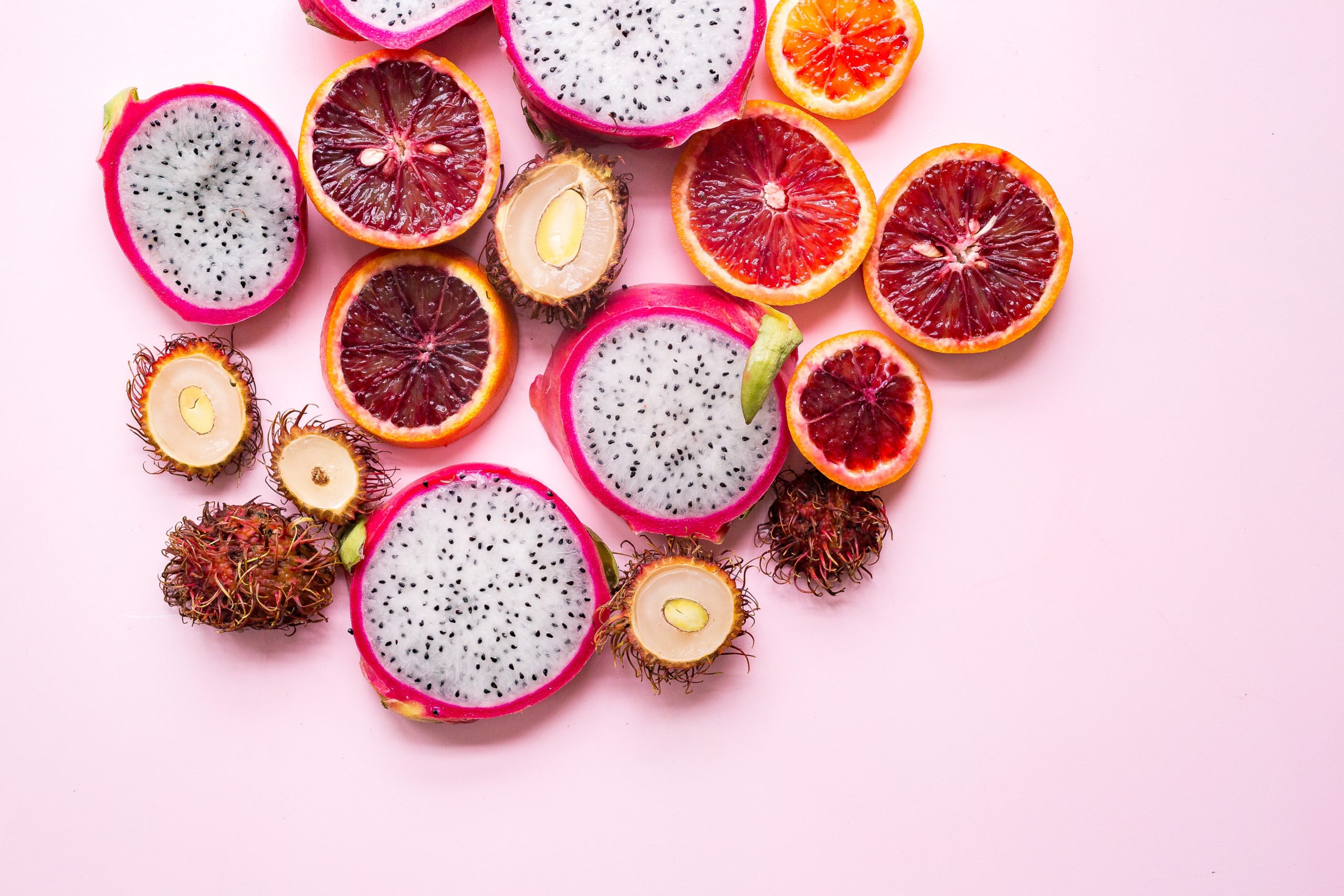
Stick to Eating Whole Fruit
Most experts say that as long as you eat the whole fruit, you’re getting three key things:
1. Fiber
2. Water content
3. And what they call “chewing resistance.”
These three things combine to slow down digestion. That means the natural sugars will slowly enter your system, which is important when we’re talking about disease.
We raise our risk for diabetes and heart disease and obesity when we eat those sugars that spike blood sugar levels. In other words, they digest quickly and go straight to the bloodstream, forcing the body to release more insulin to process them. This describes the action of all added sugars.
The whole fruit difference
Natural sugars in whole fruits, however, because of all the other nutrients in them, don’t cause the same type of blood sugar ups and downs. An apple has fiber and water, which fill you up and slow digestion. Soda runs right through you, spikes blood sugar levels, and leaves you still feeling hungry.
In addition, you get significantly less fructose (the disease-causing sugar) from fruit than you would from a food with added sugars. One apple, for example, contains about 23 grams of sugar, of which 13 are fructose. A can of soda, on the other hand, contains about 52 grams of sugar, about 30 of which are fructose.
But of course, there are limits to how fruit we should be consuming, and it differs according to our individual needs and activity levels.
If you want to cut back on sugar and continue to enjoy fruit, opt for low sugar fruits.
Fruits to Choose if You Want to Cut Back on Sugar
In general, dried fruits (like raisins, dried currants, and dried apricots) are high in sugar. Similarly, most juices on the market are full of added sugars. Even if you get an organic variety that’s 100 percent fruit juice, you’re getting a product that will spike your blood sugar levels, as there’s nothing in it to slow down the digestion of the sugars.
We have the two lists here for you—10 fruits lower in sugar, and 10 that have higher levels. (Based on raw and frozen samples.) Keep in mind that sugar content varies, even among fruits of the same type, depending on how long they were allowed to ripen, as well as on the variety of the fruit.
(Source: USDA Database for Added Sugars Content of Selected Foods)
Low Sugar Fruit (8 grams or lower)
• Avocado
• Rhubarb
• Lemon and lime
• Cranberry
• Raspberry
• Papaya
• Watermelon
• Blackberry
• Strawberry
• Grapefruit
• Loganberries
• Boysenberries
• Currants
• Mulberries
High Sugar Fruits (12 grams or higher)
• Raisin
• Date
• Fig
• Pomegranate
• Grape
• Mango
• Cherry (sweet)
• Banana
• Persimmon
• Plantain
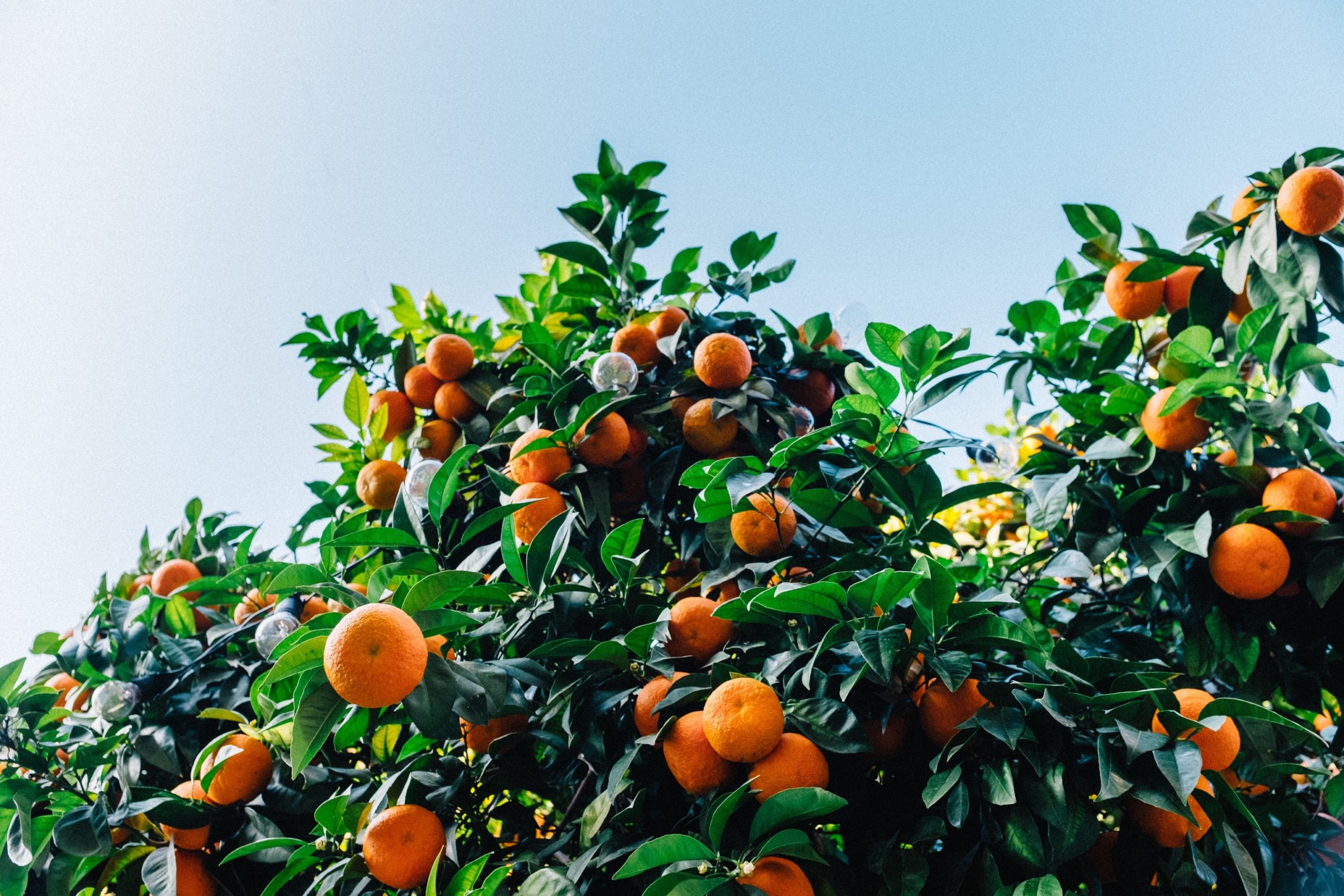
Fruits That Land Somewhere in the Middle (between 8 and 12 grams)
• Nectarine
• Peach
• Cantaloupe
• Honeydew
• Blueberry
• Kumquat
• Orange
• Pear
• Plum
• Apple
• Apricot
• Guava
• Pineapple
• Sour cherries
Are you concerned about the sugar in fruits? Please share your thoughts.
R. Bethene Ervin, and Cynthia L. Ogden, “Consumption of Added Sugars Among U.S. Adults, 2005-2010,” NCHS Data Brief, No. 122, May 2013, http://www.cdc.gov/nchs/data/databriefs/db122.pdf.
USDA – Profiling Food Consumption in America
Nanci Hellmich, “Adults consume 13% of calories from added sugars,” USA Today, May 1, 2013, http://www.usatoday.com/story/news/nation/2013/05/01/sugar-calories-soda-food/2121743/.
Quanhe Yang, et al., “Added Sugar Intake and Cardiovascular Diseases Mortality Among US Adults,” JAMA Intern Med., 2014; 174(4):516-524, http://archinte.jamanetwork.com/article.aspx?articleid=1819573.
USDA Database for Added Sugars Content of Selected Foods
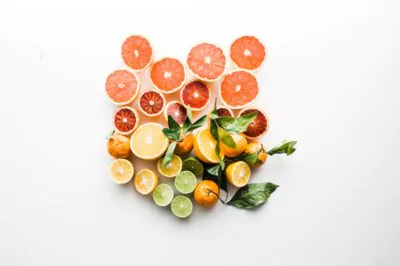
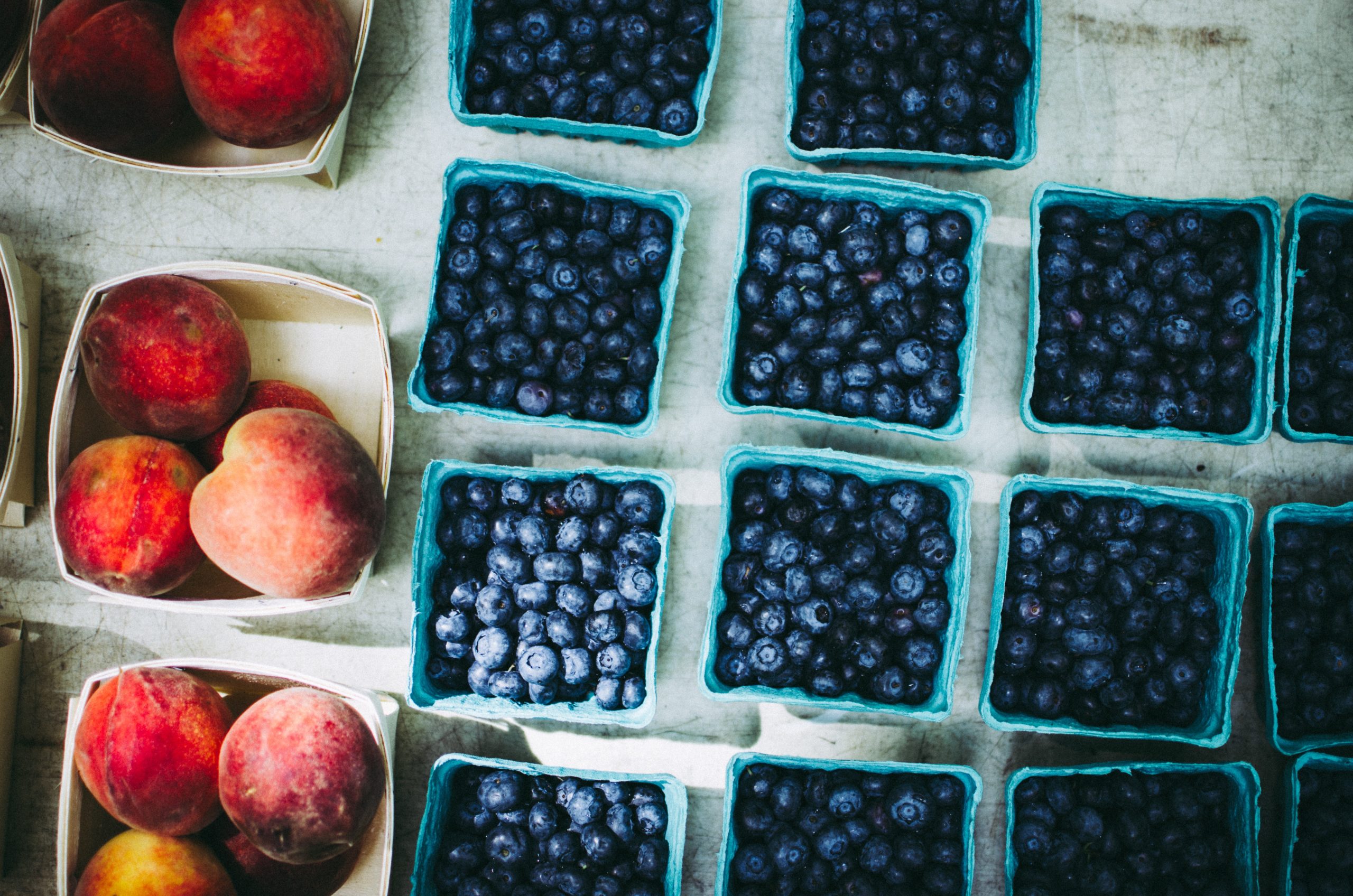


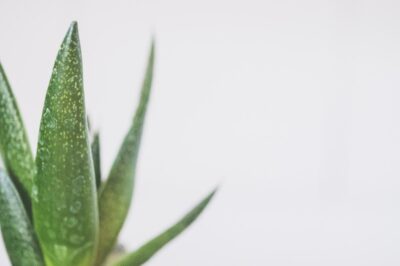
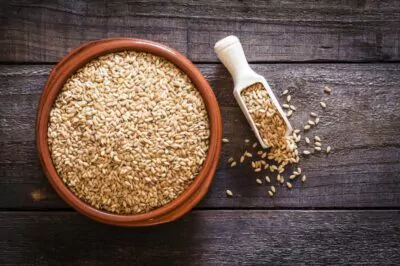
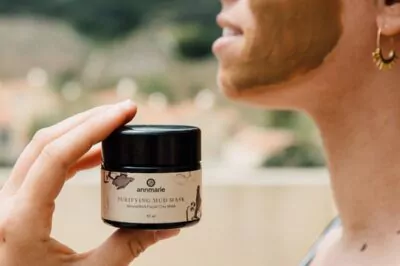

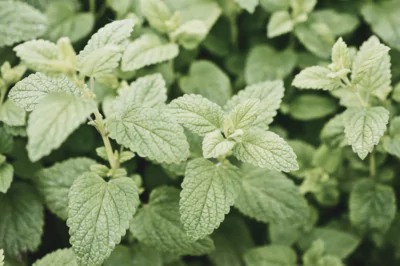
Oh my life I have eight fruit but very moderate hit and miss but trying to cut back on other carbohydrates I had started to eat fruits more I thought they were good for me I’m a diabetic and so I’m finding out that they’re not so good for me I’m worried about eating watermelon cantaloupe honeydew melon those are some of my favorites what can I do? My doctor says that now I have some nerve damage in my feet so does that mean I need to cut back on All fruits I’m confused
I have always ate fruits moderately but now my doctor says that since I’m diabetic I’m having nerve damage so what should I do about fruits like cantaloupe watermelon honeydew melon and blueberries which I thought was very good I’m confused
Watermelon I heard is A HIGH sugar food, one to avoid.
I am a Hypoglycemia what fruit is best for me
I heard that all berries, lemon, limes, ECT. are good for you. I’m eating all of them in moderation, but can’t seem to find how much of each I should have. A lot of the stuff I read, seem to contradict one another. HELP!! I have diabetes type II, and high triglycerides.
Thank you for the list, very helpful. Because I have to take anti-depressant that cause constipation, I eat a lot of fruits, so this list helps me consume the right fruits to reduce sugar.
I was told by my doctor to lay off the sugar, especially pop, candy, ice cream etc, I switch to apples and oranges to cure my sweet tooth, I was wondering how bad apples and oranges are cause they taste to good not to be bad for you.
i eat allot of fruits an make smoothie an juice, however i am concern about the level of suger inside, i don’t eat process food often, i need to modified the type of fruits